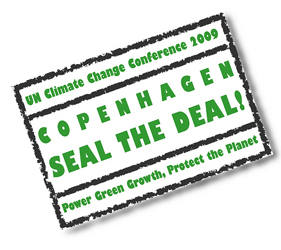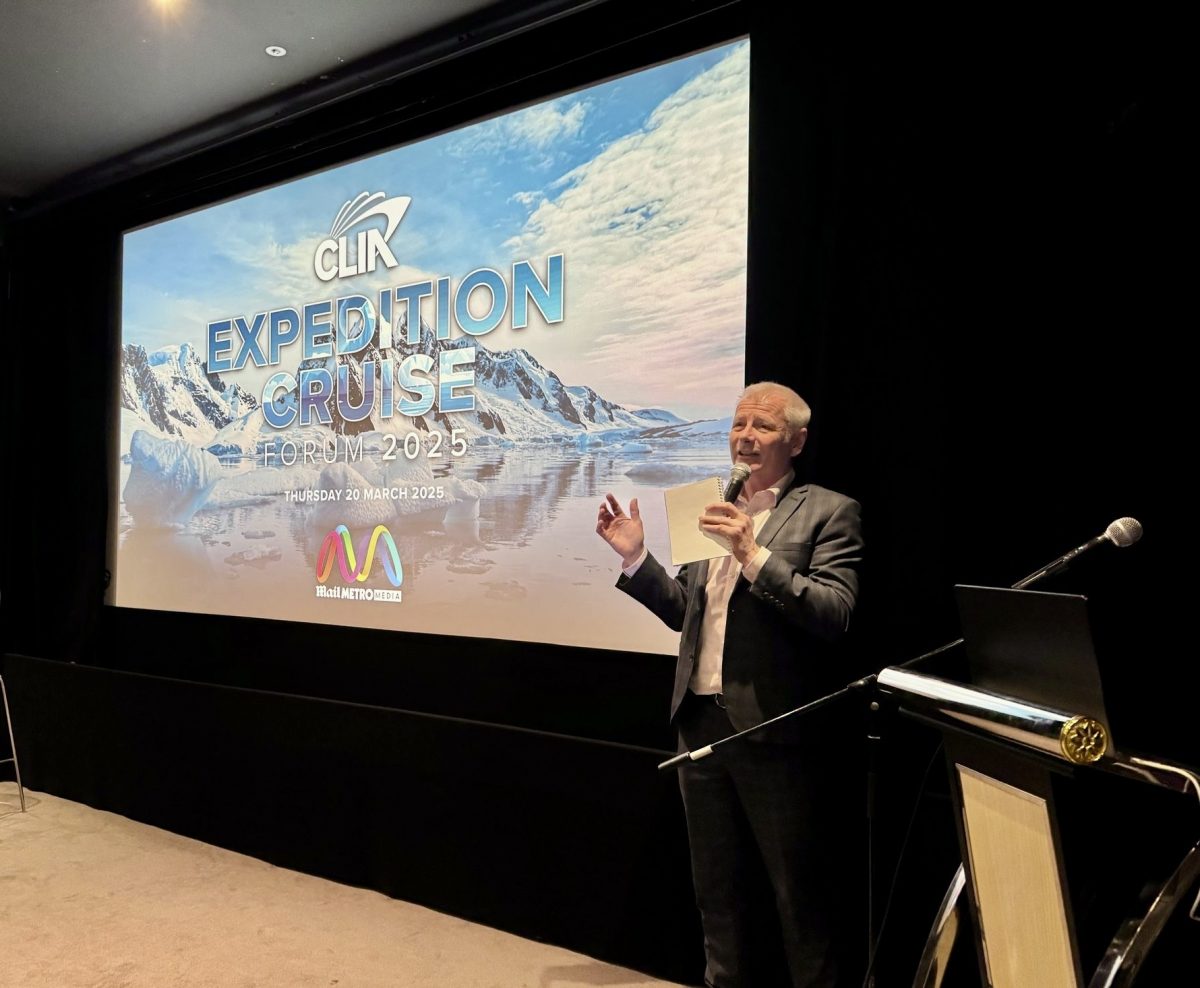THE COP15 POKER GAME WHAT CARDS CAN TOURISM PLAY?
Saturday, 06 Dec, 2009
0

See Geoffrey Lipman talking at the ETC/UNWTO Gothenburg Symposium about tourism, climate change and COP15 www.travelmole.tv/watch_vdo.php
They’re all descending on Copenhagen to argue out the final details of a global climate change agreement and tourism groups are scrambling for places at any table they can get and to twist politicians’ arms to voice their cases.
The Climate Change Summit, being held in Copenhagen, one of the world’s most sustainable cities, will set the scene this week for the tourism sector’s joint responsibility for climate change actions. But how is tourism, the world’s no 1 economic activity represented?
Nobody denies that tourism is important – an industry that generally accounts for 10% of global GDP is by its nature important, but, as Reyn Bowman pointed out last week: “Tourism is NOT an industry. One thing that will help is to refer to Tourism as an economic sector rather than an industry. It is actually five or six industries that share a common consumer.”
So, at COP15, there are tourism interest groups but no tourism industry. Is that good or bad? And what will any agreement at Copenhagen do to these half a dozen industries.
In fact, there are only two major industries that are really high risk/high opportunity areas that will affect the whole of the tourism industry – airlines and hotels.
If we forget about the haggling, naysaying, lobbying and general smokescreening about whether climate change is happening or not and whether it’s man made or not –the192 nations represented at the summit WILL agree about SOMETHING.
And, it’s getting more likely by the day that the something that they agree about will be quite important, possibly at least as important as Kyoto. The presence of president Obama on the final day, and the US bargaining chip emphasizes that.
There are good results for the tourism industry and bad ones. That’s why the UNWTO and the WTTC are both present in force.
The best result for tourism is that the industry (sorry economic sector) is seen as a key mechanism to move the world into a green, light carbon-emitting economy. That’s exactly what the UNWTO have been banging on about since Davos, and recently, with their ‘Seal the Deal’ roadshow.
The worst result for tourism is that it’s seen as a high carbon-emitting activity with no good points other than the delivery of carbon-expensive leisure activities.
In simple terms the two arguments go as follows:
Good tourism argument:
Tourism delivers economic benefits to countries that really need them and helps alleviate poverty, generate economic growth and assists in gaining the Millennium Development goals amongst other things. Tourists, as well as spending money, assist in cultural change, and can help destinations recognize their environmental heritage. Plus it keeps hundreds and hundreds of millions of people in work. So be kind to the airlines and hotels, they are actually helping to export economic prosperity to people that need it. Developed countries also benefit from tourism as a low-impact, high-employment activity.
Bad tourism response:
Your economic benefits don’t actually work as they mainly leak back to the tourism source market and not much is left in the destination country. Airlines that carry the passengers are by far the world’s fastest growing emitter of greenhouse gases and they should be taxed up to the hilt. The solution is to go back to regional/local tourism with long haul travel taxed highly and other solutions found for countries that need donor funding.
There have already been a number of practical actions from both the source markets and the destinations, for instance:
NEGATIVE: The UK has already introduced air passenger duty (the much-hated APD) which seeks to charge between £10 and £80 per passenger per flight depending on destination and length of flight. Just an opportunistic money-raising opportunity? Just a smack in the mouth for long-haul tourism and developing countries? Or a valid green political statement?
POSITIVE: A number of destinations (in particular the Caribbean) are seeking to position themselves as Carbon-friendly/Carbon-neutral destinations.
The result of COP15 will almost certainly be a putative agreement for countries to reduce their emissions in time to avoid the dreaded consequences of global warming.
Of course that must mean some sort of rationing per country and per industry player. To work, there must be penalties for exceeding the ration, benefits for not exceeding it. This is already operating to some extent in Europe – the European Union Emission Trading Scheme (EUETS) has been going since 2005.
EUETS and other mechanisms ensure a market price is put on carbon/greenhouse gas emissions by the cap and trade system and the ensuing carbon markets.
Tourism negotiators at COP15 will be trying to:
Get the biggest rations possible for airlines and hotels
Get the best pr and the biggest grants available for tourism development
Let’s wish them all success!
Valere
Have your say Cancel reply
Most Read
TRAINING & COMPETITION
 United Kingdom
United Kingdom United States
United States Asia Pacific
Asia Pacific












































Royal Caribbean issues Legionnaires’ disease warning
Qatar Airways adding Manchester flights
Jet2 unveils Samos as new Greek destination for summer 2026
EU entry-exit system delayed again
ATC strike in Greece could disrupt flights this week